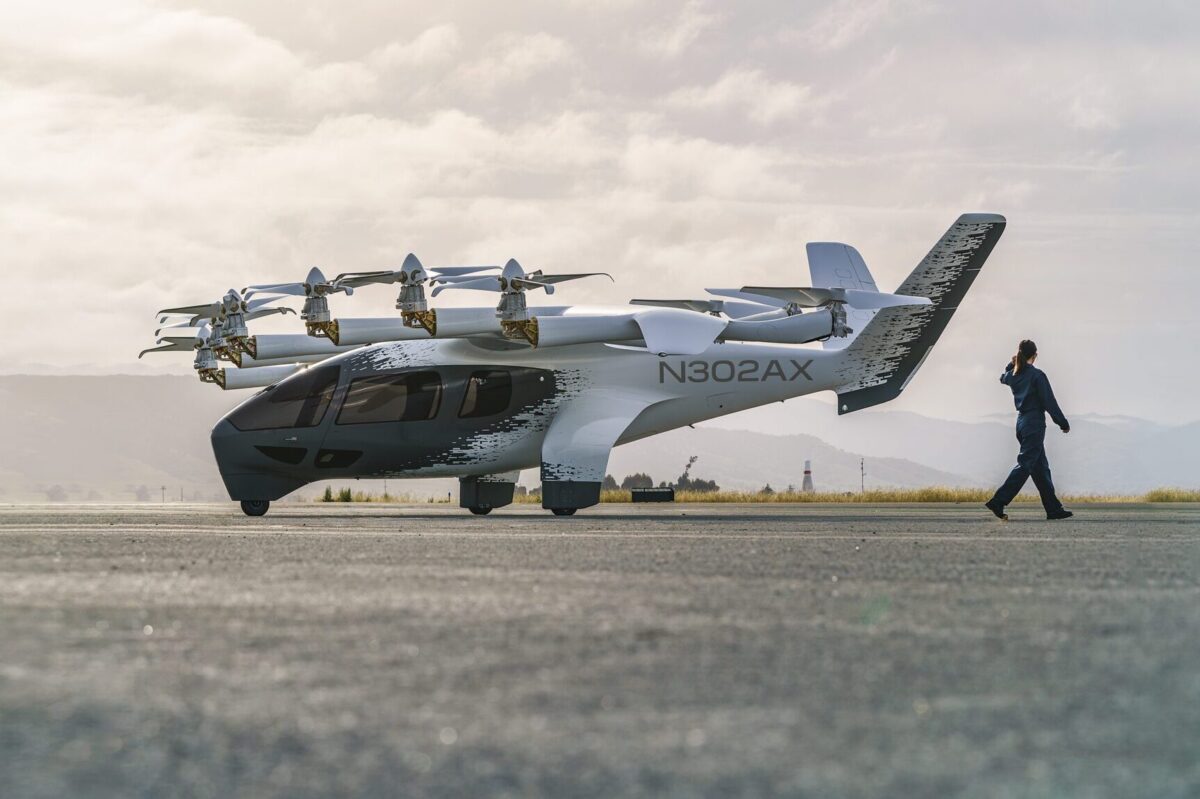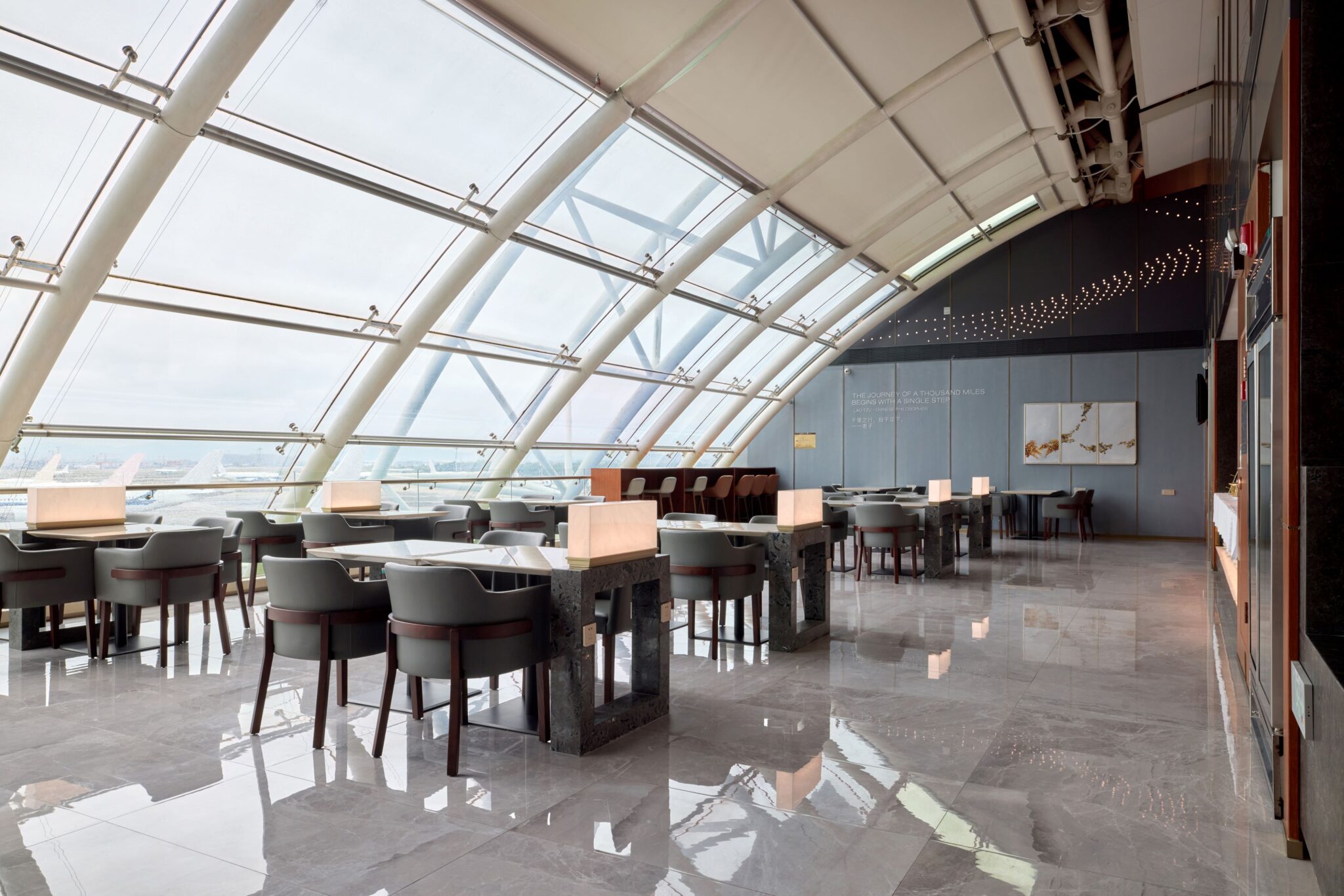Skift Global Forum 2015: Priceline.com CEO on Why Conversions Are the Only Online Travel Metric

Skift Take
Priceline.com CEO Paul Hennessy will speak about why conversion is the most important metric in travel at Skift’s Global Forum on October 14 and 15 in Brooklyn, New York. He will join a cadre of industry leaders who share insights and their vision of the future of travel exclusively with Skift Global Forum attendees.
Hennessy’s been at Priceline.com for the better part of the last 15 years and during that time witnessed the birth of the conversion process at the dawn of the Internet and online travel. In April he became CEO of the brand after his tenure as CMO of Booking.com for the past four years, where he had a lofty view of the Priceline Group’s expansion as it sought to keep pace with the lengthening conversion funnel by acquiring a metasearch brand like Kayak in 2013.
Most recently his work in developing Booking.com’s Booking Now app for last-minute hotel bookings up to 48 hours in advance sharpened that brand’s focus on what some call the on-demand booking market.
Hennessy told us why conversion is the most important measure of success in online travel, from metasearch to search engines to what it means for advertising in an edited interview below:
Skift: When did you first realize conversion is the most important metric in travel?
Paul Hennessy: That’s a great question, I guess I’d have to say that when I set up my first lemonade stand out in the front of my house, I really understood the value of conversion. And I don’t think that’s changed really, whether this becomes an e-commerce business or any other business. There’s the simple matter of building great products for customers, putting them in front of the customers, then measuring that, scorekeeping and making sure that you’re personalizing that offer for customers. That is what conversion is ultimately all about.
It matters in the OTA world but I think it matters really in all businesses and in all e-commerce businesses certainly because we’re casting a wide net for customers. And the success of that conversion is ultimately in transactions. So I don’t think that there was a moment or an ‘aha moment’ when conversion suddenly became important, it’s really just at the heart of what we do and what we’ve always done.
Skift: What’s one myth about conversion that you feel the online travel industry doesn’t fully understand yet or hasn’t grasped?
Hennessy: Well, I’m not sure that it’s something that the travel industry doesn’t understand but there’s been a strong perspective of conversions being all about turning clicks into transactions. I think that conversion is really about building what I would say is customer-led innovation and exposing customers to products and services that exceed their expectations.
So while big data is the topic I would say is on everyone’s mind I think ensuring, as Priceline.com does, that the customer is in the middle of it all with innovation in our DNA, I think that’s really the secret sauce to conversion.
Skift: During the past year search engines like Google have arguably made conversion more complicated. Can you talk about that and what it’s meant to the Priceline.com brand?
Hennessy: Again, I think that’s a good and complex question. I mentioned we’d love all customers to start with Priceline.com and that’s obviously the mission of mine and our business. But we recognize customers are different, they have different experiences and different needs. And by the way, search engines have been a great place over time for people to start their research. So we recognize that people do that.
At Priceline.com we tailor our experiences based on where they’re coming from and try to deliver what they’re looking for once they come from those particular demand sources. So by tailoring that experience uniquely by demand source customers actually have a better experience going through that process.
And then, obviously, once they work and experience the Priceline.com brand and transact with us we work hard to bring them back directly to our business just like I would say our competitors do.
To me the opportunity around search engines is to optimize conversion flow of customers and have that experience be profitable to our business, raising the overall economics of that business. And then by getting that right for the customer, by having great products that they experience, we’re able to actually funnel that improvement in economic growth into product innovation. And then it creates a very, very positive flywheel, or a virtuous cycle, that ultimately grows our business and allows us to kind of get in front of more customers.
Skift: How about metasearch engines and conversion? Skift’s reported on Kayak’s experiment of testing a more subtle metasearch experience, what are your thoughts on the future of metasearch and conversion?
Hennessy: I think more broadly that metasearch engines, and you mentioned what Kayak is doing, I think that’s really indicative of the level of innovation and experimentation that all of the brands in the travel space are trying to do for their customers.
So, you know, metasearch engines are trying to move customers through the conversion funnel, search engines are trying to do the same, and of course, online travel agencies are trying to do the same. So, I think that we’re all really on the same kind of mission, but sometimes the manifestations of that mission are different.
For metasearch engines their desire for conversion might be to click over to a partner such as Priceline.com. The same might be true with search engines–maybe part of what they’re doing is to actually get a transaction and hand that transaction over to an online travel agency. But I think that at the heart of it, they’re all trying to innovate for their customers just like Priceline.com is.
Skift: Moving onto mobile, at Priceline.com have you noticed significant differences between conversion on mobile versus desktop?
Hennessy: A lot has been written and reported on the fundamental differences that I would say are clearly optical. The device size is different and as a result of the device size being different the user interfaces are fundamentally different.
Adding to that, we’ve experienced that shopping behavior and placements in the shopping funnel are different. Fundamental use cases are different in mobile and what Priceline.com is trying to do in all of those is be what we call ‘the wingman of the customer,’ so that when they need us they can literally reach into their pocket and engage us.
And whether that’s staying an extra night for a concert in Chicago or doing a spontaneous purchase because they saw a Broadway show in New York these are the kinds of use cases what we’re seeing happening on mobile, you know, last-minute.
And what we’re very proud of is that we’re delivering last-minute deals–deals for tonight or tomorrow–that we think are kind of best-in-class in the industry and that customers are really engaging in that kind of new behavior. So if you add in different device form factors, different shopping behaviors, different customer segments, different use cases, of course conversion is materially different.
We’re seeing that as compared to desktop, but it really doesn’t matter, what matters is that for the customer that wants to use us in that moment in time, we need to make sure that we’re there for them.
Skift: You just mentioned last-minute bookings but the term “on-demand” keeps getting tossed around in everything from lodging to transportation. Should we be thinking of last-minute bookings as actually being on-demand bookings, given that many travelers do their research on where they want to stay beforehand and then book at the moment they need a hotel? In that scenario they’re not starting to think about a stay last-minute, rather it’s only the actual booking occurring last-minute.
Hennessy: Yeah, I think the on-demand phenomena both in travel and in the world at large is really a strong indication of technological innovation, product quality and reliability which transfers into confidence and trust.
And when you get the intersection of those three factors people are very comfortable saying, “well, I’ve done a little bit of research and when I can actually see which way the wind blows I’ll reach into my pocket and then book with confidence at places like Priceline.com,” because we’ve already built up a history and a cadence of being able to do that for customers.
So that confidence combined with the other factors that I mentioned is really empowering for customers, and so what we’re seeing is a newly empowered customer base that doesn’t have to say, “well I’d better plan my travel three weeks in advance or three months in advance.” Now they say, “I don’t need to do that anymore because I’ll know that I’ll get the best kinds of availability and deals, and reviews and content that I need even in the very last minute.”
And that’s obviously transformative in the way we think about products and services but also on its effect on conversion. And ultimately that allows us to kind of convert at the very last minute significantly better than we ever did before.
Skift: That’s interesting and building off that–how is Priceline.com compensating for that new conversion funnel through your advertising, knowing that travelers are using several different sources before they convert and transact to search for travel and how last-minute bookings aren’t always really last-minute? Do you feel you need to compensate for this through advertising and marketing?
Hennessy: Great question, and I’ll clarify, we don’t think about it as compensating. When we think about engaging customers at scale we think of a broad-based marketing mix. And that can be reaching out at the highest level to kind of explain who and what we stand for in a TV ad, through social and digital engagement online as customers start to engage travel planning to specific search engine marketing and metasearch marketing when customers are then actually starting to hone exactly where they’re looking to go.
And I don’t want to call it advertising but I would call it data that could help customers, data and content, to help them further make their decisions, all the way through to re-targeting if a customer has conducted a search, isn’t quite ready to buy or needs to get further research or insight.
We’ll reach back out, updating them about either changes in pricing or availability in a particular market, or just to remind them that Priceline is engaged in this process and we can help them out with their search through e-mail marketing and offering them both innovations and inspirations to get them to plan their next trip with us.
So we view the broad-based marketing mix as really part of the conversion process rather than something that we use to somehow compensate or offset or fill in the gaps. We really just think that’s part of the process.
Get Your Ticket to the Skift Global Forum




